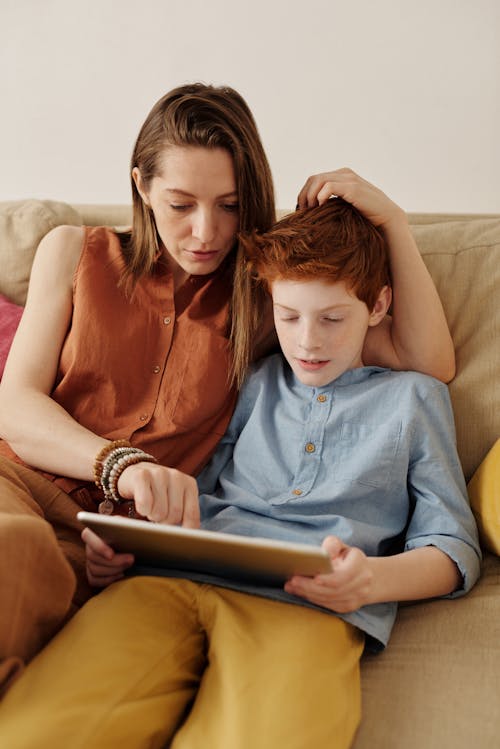Dr. Curtis Cripe and NTL Group have done considerable work with children with developmental issues and have helped countless families in the process. However, Dr. Cripe admits that today, because of the global health crisis, families face an entirely new challenge.
For today’s blog, Dr. Curtis Cripe provides an important public service. He shares a few ways in which parents can help their children both mentally and emotionally by expanding their understanding of the coronavirus pandemic and the situation everyone is in.
When children know that everyone else can’t go to places like the mall or playgrounds or fast food joints, they’ll begin to understand the gravity of the situation. Acknowledging that these are challenging times should be one of the first things parents should do. But along with this, parents should also reassure their children that the pandemic will pass and that the world will be safe again. Also, telling kids that they can help keep people safe by staying home will give children a sense of purpose.
Parents should keep children busy by establishing a routine at home.
Much like in adults, keeping children’s minds and bodies active is an excellent way of lowering their stress levels, Dr. Curtis Cripe explains. When children have nothing to do, feelings of boredom or anxiety can creep in. A good balance of study and playtime will be more than effective. It is also highly recommended that parents join in on the activities of their children, such as doing chores or role-playing.
Curtis Cripe, Ph.D. heads research and development at the NTL Group, which employs neuroengineering technology that repairs brain dysfunction to treat a myriad of diseases and disorders. For more articles on cognitive health, visit this blog.

